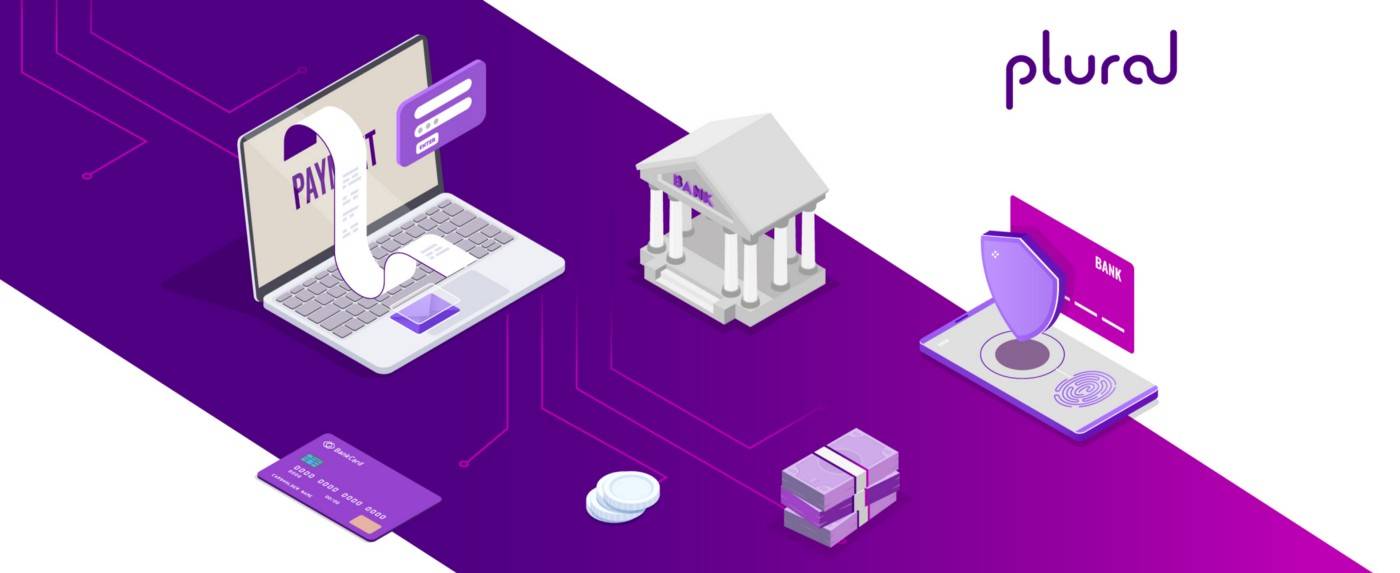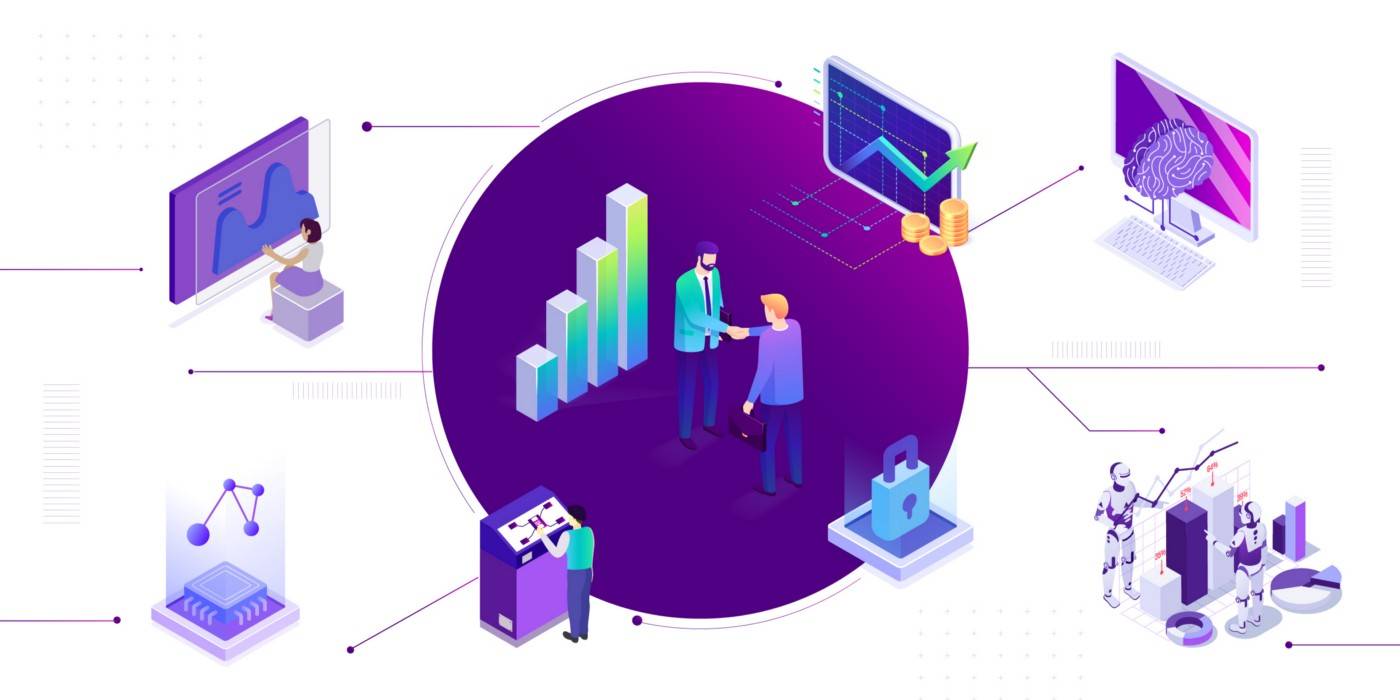Introduction
Beyond its core functionality as technology to support financial services and banking, fintech solutions serve as a disruptor in the space.
Fintech empowers companies to optimise efficiency and reduce transaction costs through innovative technological integrations, from smart payments to front-office operations. It is especially crucial in streamlining business operations.
In 2019, 43% of companies still used manual methods to manage expense reporting. Payment integration with expense management technology has revolutionised expense tracking across industries, minimising errors, flagging fraudulent transactions and more.
Let’s look at ways businesses can leverage fintech solutions to monitor and control costs.
How to leverage fintech solutions for expense tracking
There are five main ways that companies can tremendously transform their expense monitoring using fintech-based solutions:
Effective reconciliation
Many companies still employ laborious processes for payment authorisation and reconciliation. Not only do these processes consume accounting time, but they also block resources and cause avoidable delays.
Fortunately, several fintech solutions in the market enable the automation of payment authorisation using custom rules and three-way matching for invoice approval. The same tools can also be employed to conduct the reconciliation process by digitising the data across all touch-points and plugging the repository into the tool.
This can help with:
- Preventing manual errors during reconciliation.
- Speeding up the whole process.
- Freeing up manpower for more mission-critical tasks.
Real-time visibility into employee spending
Company policies allow employees to claim certain classes of expenses to enable smoother transactions. For example, business travel expenses, corporate gift expenses, insurance, etc., may come under the items for which employees can report claims.
However, these claims are not always reported, creating a gap between the books and the account. Using fintech solutions, businesses can gain real-time visibility into how employees leverage company accounts by directly integrating virtual cards issued by the company or by using specific payment channels with automated reporting and logging.
Further, expense tracking can be simplified by freeing employees from reporting their expenses. Among companies prioritising technology investments for enhanced travel and expense management, 82% cited simplifying the expense reporting process for employees and managers as a key motive behind adopting automated systems.
Fraud detection
Fintech today is augmented with advanced technologies like artificial intelligence and machine learning. These intelligent technologies enable businesses to analyse their spending and tracking patterns, developing a baseline of normalcy against which any anomalies could be identified and weighed.
This has the potential to help businesses identify fraudulent expenses and transactions and get a hold of the defaulter by tracing the electronic data trail. In an increasingly digital business environment, such solutions promise robust security and also work as a deterrent for any individual with malintent towards the business.
Automated policy enforcement
Each business has its own expense policies that differ for each class of employees. There are separate policies for specific transactions or the business with which the transaction has been made.
Unfortunately, this creates many complications, which may lead to misreporting or errors in employee expense reporting. In the long run, this could throw off reconciliation and ultimately lead to errors in the books.
Using intelligent fintech solutions, businesses can reinforce employee-specific expense policies at the point of sale using IDs, company cards, or specific payment methods to ensure that the right policies are applied to the right expenses.
Streamlining business expense reporting
The existing system of business expense reporting involves setting a deadline or end date for the employees to submit an itemised list of all their business expenses for the month, quarter, or other specific period.
Employees may or may not stick to the timelines, and the consequent delays caused by this reporting can lead to inaccuracies in the year-end statements.
With fintech-based solutions, businesses can automate the entire fulcrum of business expense reporting:
- Confirmation of policies with employee class and expenses reported.
- Collating data pertaining to a series of expenses for the same employee across all projects.
- Factoring in the variables depends on the region or country of expenses.
Challenges in adopting fintech for expense tracking
Much like any other technology, adopting fintech expense tracking solutions also comes with its challenges:
Data and ERP plugs
Any technological solution with AI or ML incorporated requires data to work with. As a result, the fintech solution a business adopts would need deep integrations with company ERPs and data repositories. For the solution to work as it should, it must have seamless access to relevant company data.
Downtime
Plugging in a new technology that is activated across all the employee and customer touchpoints across the enterprise requires time. The business may face days or weeks of downtime while the new solution is installed and launched. Some time may also be needed to allow the solution to assume its position in the workflow.
Training
Each new solution has its own utility, controls, toolset, and features. For the employees and the organisation to truly benefit from it, a full-fledged training program must be planned and delivered parallel to the organisational operations.
This means dedicating extra time and energy to familiarise employees with the new processes.
Process and workflow overhaul
Fintech solutions help a business improve its transactional workflows and processes by removing clutter and introducing new approaches to essential business operations.
The necessity to change processes and workflows to improve expense tracking may create some confusion initially among employees on how to proceed with reporting, how to use the interface, what details would be required, etc.
Conclusion
Expense tracking, reporting and management are important yet extremely cumbersome parts of a business. We at Plural can help your business with our payment solutions. Reach out to us to get started.

Amrita Konaiagari is a Marketing Manager at Plural by Pine Labs and Editor of the Plural blog. She has over 10 years of marketing experience across Media & Tech industries and holds a Master’s degree in Communication and Journalism. She has a passion for home décor and is most definitely a dog person.


